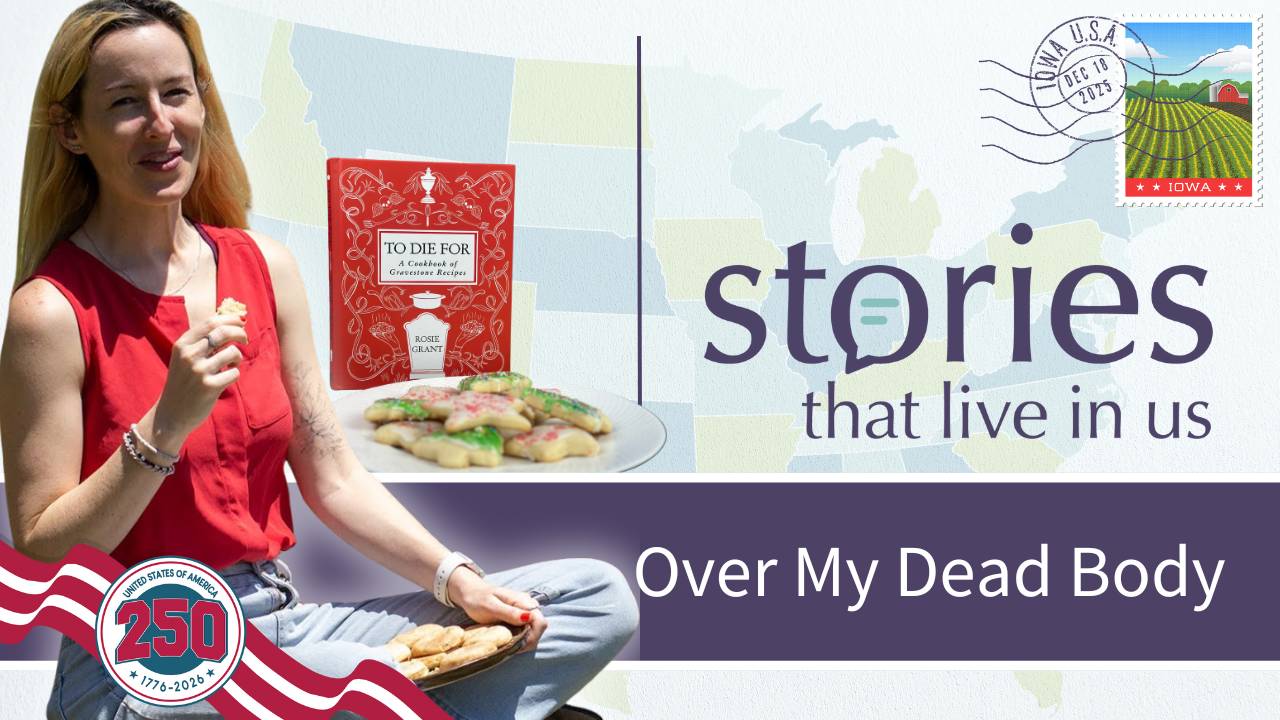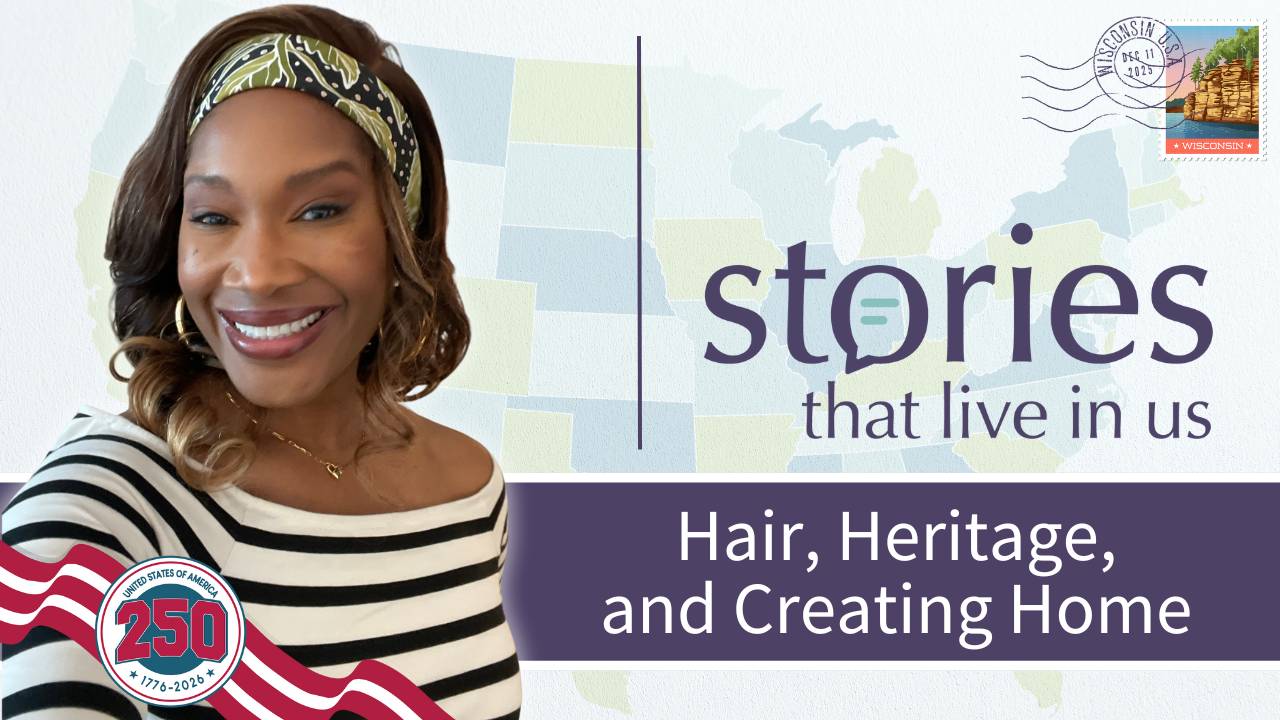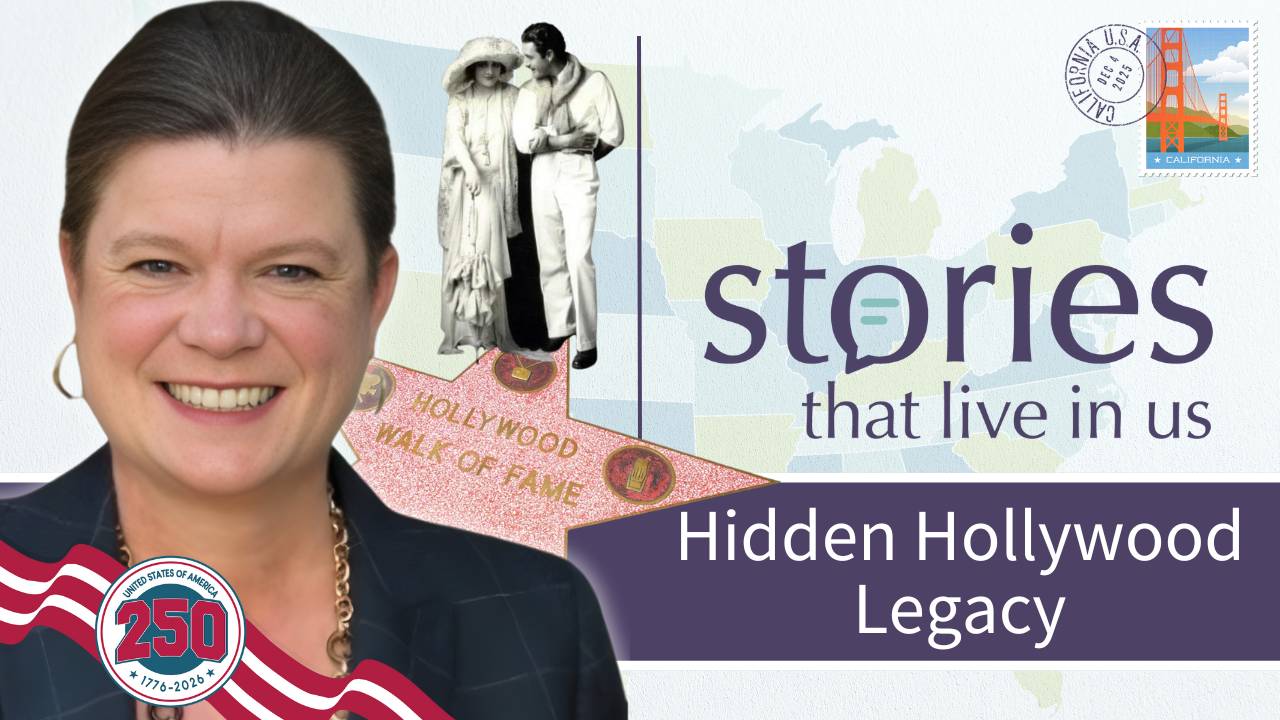The Magic Part Is The Listening: How One Woman's Family Quest Revealed Hundreds of Untold Stories
Feb 06, 2025
Have you ever felt a mysterious pull toward a particular branch of your family tree? As if someone from the past was gently tugging at your sleeve, asking you to uncover their story?
That's exactly what happened to this week's podcast guest, Natalie Zett, when a family manuscript arrived unexpectedly in her mailbox in 1997. Inside was a newspaper clipping that would change everything – a photo of her Aunt Martha, a 19-year-old victim of the 1915 Eastland disaster on the Chicago River. That single discovery launched Natalie on an extraordinary journey that would not only heal old family wounds but also give voice to hundreds of forgotten stories.
The Power of One Document
"I kept trying to take it in and take it in and take it in," Natalie shared during our conversation, describing how she struggled to process the flood of family history that manuscript contained. Like many of us, Natalie grew up believing she had "no family history" – those records were supposedly all "burned in the war." (Sound familiar?)
But that one manuscript, sent by an aunt she thought was no longer living, cracked open a door to a past she never knew existed. More importantly, it revealed a presence she'd felt throughout her life but couldn't name – her Aunt Martha, who died on the Eastland before she really began to live.
When the Past Reaches Out
What makes Natalie's story particularly compelling isn't just the dramatic historical event at its center. It's how her journey mirrors what so many of us experience when we start exploring our family history. She found herself literally following in her ancestors' footsteps without even knowing it, moving to places where her family had lived generations before, feeling drawn to certain locations without understanding why.
"I had been to Chicago a number of times," she told me. "Every time I'd go to Chicago I thought, 'God, this seems familiar.'" Later, she would discover she had been unconsciously retracing her Aunt Martha's paths through the city.
From Personal Quest to Public Mission
While Natalie's story began with a deeply personal search to understand her Aunt Martha, it evolved into something much larger. Through her research, she discovered that the Eastland disaster – which claimed over 800 lives – was filled with untold stories. Unlike more famous maritime disasters, many of these victims were working-class immigrants whose stories had been overshadowed by focus on the ship itself.
"They all deserve to have their stories told," Natalie explained passionately, "whether they're the young Greek immigrant guy that just has a little obituary or whatever, or entire families, or the ones and twos that just kind of got lost."
The Whole Story
Listen to Natalie's story now:
🎧 Listen to the full episode to discover:
- How a mysterious family manuscript opened a door to the past
- The surprising ways our ancestors can guide us to their stories
- Why some of the most powerful family history discoveries come through "listening"
- How one family story can lead us to an entire community's untold history
- The importance of documenting and preserving stories that might otherwise be lost
Your Story
As you listen to Natalie's journey, consider the stories in your own family that might be waiting to be told. Are there mysterious gaps in your family narrative? Relatives who seem to disappear from the records? Or perhaps you've felt inexplicably drawn to certain places or stories, just as Natalie was drawn to Chicago before she understood why.
Story Seeds 🌱
Plant these conversation starters and watch your family stories grow.
- For Parents/Grandparents: "When you were growing up, did anyone ever tell you that certain parts of our family history were lost or impossible to find? What reasons did they give?"
- For Older Relatives: "I've been reading about [specific historical event] that happened in [place] during [year]. Did any of our relatives live through that? What did they tell you about it?"
- For Siblings/Cousins: "Have you ever visited a place where our ancestors lived and felt an unexplainable connection? What was that like?"
- For Aunts/Uncles: "When you look at old family photos, which person makes you most curious? What questions would you ask them if you could?"
- For Multiple Generations: "What's the oldest family story you remember hearing? Who told it to you, and how old were you when you first heard it?"
Story Sparks 🔑
Unlock your family's hidden stories with these research techniques.
- Use voter registrations and electoral rolls on Ancestry to track addresses where your ancestors lived between censuses. Look for employers and work addresses on draft cards, censuses, and city directories. Then map out where your ancestors lived, worked, and traveled. Sometimes seeing their movements visually can help you identify patterns or connections you might have missed.
- When searching on Newspapers.com, don't just look for obvious articles like obituaries. Read through their community newspapers to see if there were events that may have affected your family. Then, look for special records created by local organizations in response to disasters or major events.
- Using MyTreeTags in your Ancestry tree, create a custom tag called "Disaster." Use it to tag any relatives that were impacted by disastrous historical events. Include not just natural disasters but also industrial accidents, fires, or other local tragedies that might have affected them and their communities.
Remember what Natalie said: "The magic part is the listening." Sometimes the most powerful genealogical breakthroughs come not just from searching records, but from being open to the ways our ancestors might be trying to guide us to their stories.
Sometimes this means following an inexplicable hunch, investigating a random newspaper clipping, or reaching out to a distant relative we barely know. As Natalie's story shows us, you never know which small discovery might open the door to a world of family history you never knew existed.
🔗 Visit Natalie's website (FlowerInTheRiver.com) to learn more about her work uncovering the hundreds of stories connected to the Eastland Disaster.
Ready to discover more stories like Natalie's? Subscribe to Stories That Live In Us wherever you get your podcasts. And if this episode touched your heart, please leave us a rating and review – it helps other family story seekers find us.
© 2025 Crista Cowan. All rights reserved.







